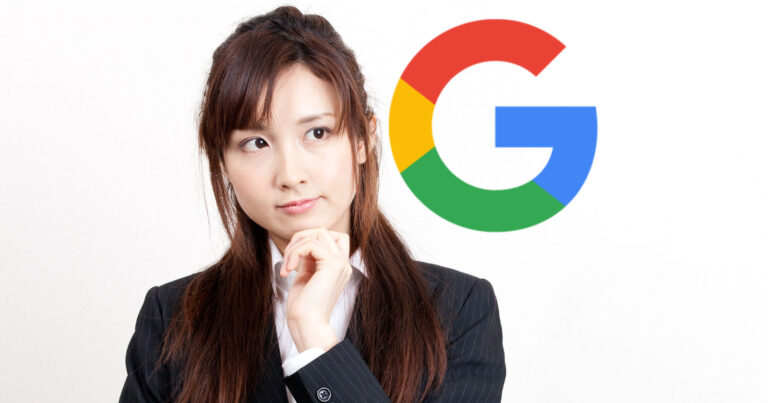
Google’s Gary Illyes and others answered many AI-related questions at Google Search Central Stay Tokyo 2023 and shared new insights into Google’s approaches and proposals on AI-generated content material.
Japanese search advertising skilled Kenichi Suzuki (Twitter profile) gave a presentation at Search Central Tokyo 2023 after which printed a weblog publish in Japanese summarizing the important thing takeaways from the occasion.
A few of what has been shared is presently well-known and documented, for instance Google would not care whether or not the content material is AI-generated or not.
For each AI-generated and translated content material, crucial factor for Google is the standard of the content material.
How Google handles AI-generated content material
Labeling of AI-generated content material
Maybe much less well-known is whether or not or not Google differentiates between AI-generated content material.
The Google worker, believed to be Gary Illyes, replied that Google doesn’t flag AI-generated content material.
Ought to publishers flag AI-generated content material?
At the moment, the EU is asking social media corporations to voluntarily flag AI-generated content material to struggle faux information.
And Google presently recommends (however would not require) publishers that AI-generated photos be tagged utilizing IPTC picture knowledge metadata, including that picture AI corporations will begin including the metadata mechanically within the close to future.
However what about textual content content material?
Do publishers should mark their textual content content material as AI-generated?
Surprisingly, the reply is not any, it isn’t required.
Kenichi Suzuki wrote that it isn’t needed for Google to explicitly label AI content material.
The Google worker stated they go away it as much as the publishers to determine whether or not it is a greater consumer expertise or not.
The English translation of what Kenichi wrote in Japanese is:
“From Google’s standpoint, it isn’t essential to explicitly label AI-generated content material as AI-generated content material, as we consider the character of the content material.
In case you assume it is necessary from the consumer’s standpoint, you may specify it.”
He additionally wrote that Google warned in opposition to publishing AI content material as is with out having it checked by a human editor earlier than publishing.
In addition they really useful taking the identical method to translated content material, which also needs to be human-reviewed earlier than publication.
Pure content material is on the high
One of the crucial fascinating feedback from Google was the reminder that their algorithms and alerts are primarily based on human content material, so pure content material comes first.
The English translation of the Japanese unique reads:
“ML-based (machine studying) algorithms and alerts study from content material written by folks for folks.
So perceive pure content material and show it on the high.”
How does Google cope with AI content material and EEAT?
EEAT is an acronym that means “Expertise”, “Experience”, “Authority” and “Trustworthiness”.
This was first talked about in Google’s tips for search high quality raters and encourages raters to search for proof that the writer is writing from a place of expertise on the subject.
A man-made intelligence presently has no expertise in any subject or product.
Subsequently, it’s seemingly inconceivable for an AI to achieve the standard threshold for sure kinds of content material that require expertise.
The Google worker replied that they have been having inside discussions about this and hadn’t agreed on a coverage but.
They stated they might announce a coverage as soon as they agreed on it.
Insurance policies on AI are evolving
Because of the availability of AI and its lack of trustworthiness, we reside in a time of transition.
Mainstream media corporations which have rushed to check AI-generated content material have quietly made a reevaluation.
ChatGPT and related generative AI like Bard haven’t been particularly skilled to create content material.
So it is maybe not stunning that Google is presently recommending publishers to keep watch over the standard of their content material.
Learn the unique article by Kenichi Suzuki:
What I realized from Google #SearchCentralLive Tokyo 2023
Featured picture from Shutterstock/takayuki